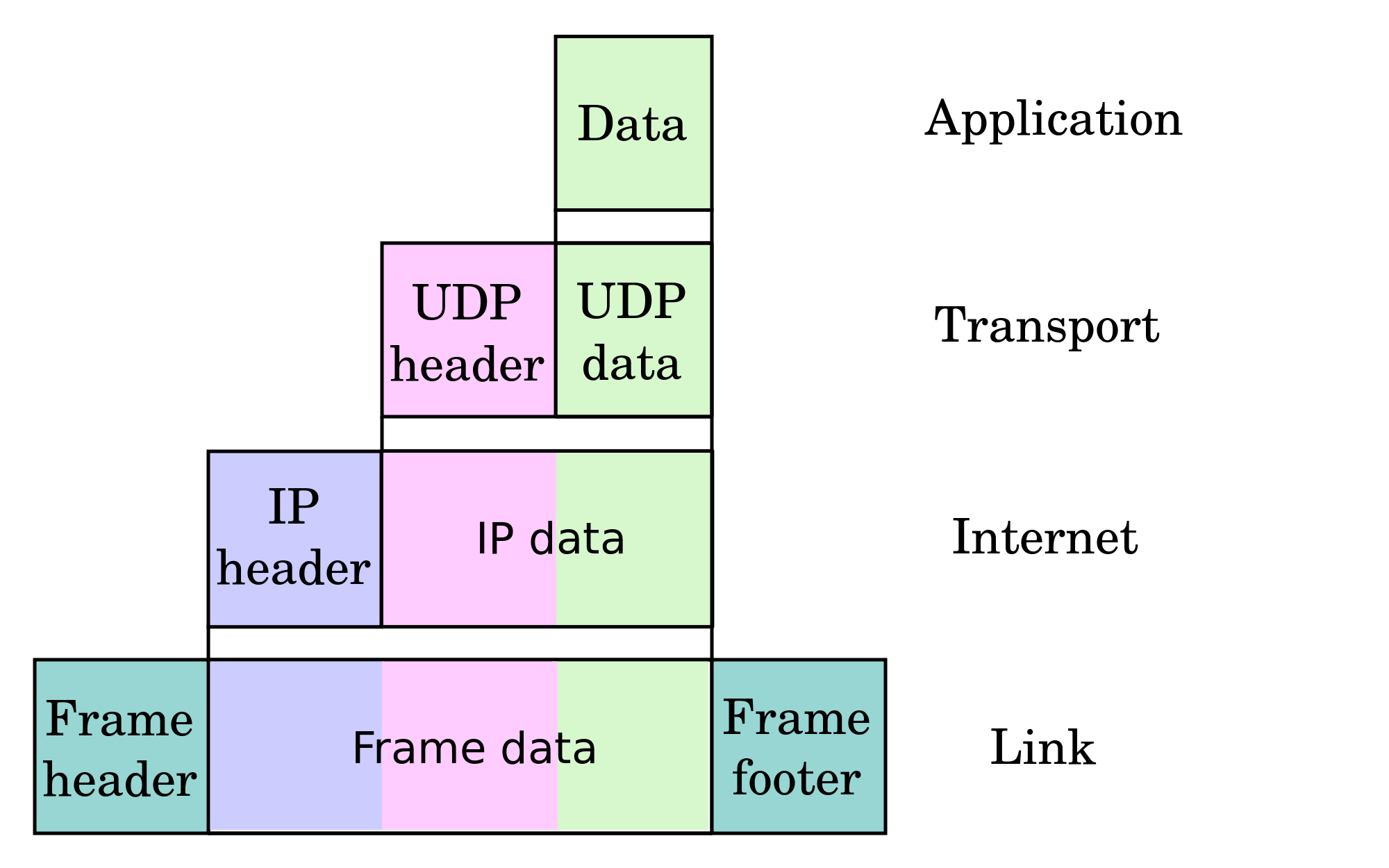Dnevnik Raboti Biblioteki
.jpg)
German addresses are blocked - www.gutenberg.org Your IP Address in Germany is Blocked from www.gutenberg.org We apologize for this inconvenience. Your IP address has been automatically blocked from accessing the Project Gutenberg website, www.gutenberg.org. This is because the geoIP database shows your address is in the country of Germany. Diagnostic information: Blocked at germany.shtml Your IP address: 88.99.2.89 Referrer URL (if available): Browser: Mozilla/4.0 (compatible; MSIE 6.0; Windows NT 5.1; SV1) Date: Sunday, 10-Mar-2019 08:31:08 GMT Why did this block occur? A Court in Germany ordered that access to certain items in the Project Gutenberg collection are blocked from Germany. Project Gutenberg believes the Court has no jurisdiction over the matter, but until the issue is resolved, it will comply.
The Cambridge History of Russia - edited by Ronald Grigor Suny November 2006.
For more information about the German court case, and the reason for blocking all of Germany rather than single items, visit. For more information about the legal advice Project Gutenberg has received concerning international issues, visit How can I get unblocked? All IP addresses in Germany are blocked. This block will remain in place until legal guidance changes. If your IP address lookup is incorrect Use the to verify status of your IP address.
Project Gutenberg updates its listing of IP addresses approximately monthly. Occasionally, the website mis-applies a block from a previous visitor. Because blocks are applied momentarily, you should try again later to visit if Maxmind shows your address as being outside of Germany. If your IP address is shown by Maxmind to be outside of Germany and you were momentarily blocked, another issue is that some Web browsers erroneously cache the block. Trying a different Web browser might help. Or, clearing the history of your visits to the site.
I have other questions or need to report an error Please email the diagnostic information above to help2019 @ pglaf.org (removing the spaces around the @) and we will try to help. The software we use sometimes flags 'false positives' -- that is, blocks that should not have occurred. Apologies if this happened, because human users outside of Germany who are making use of the eBooks or other site features should almost never be blocked.
Most recently updated: February 23, 2019.
Research for this article was funded by the Arts and Humanities Research Council, UK (AH/J00362X/1), and the British Academy (SG101445). I am especially grateful to the staff at the Russian State Library and the Scientific Archive of the Russian Academy of Education in Moscow for their assistance in providing the necessary sources. I would also like to thank, for their feedback and support, Catriona Kelly, Aleksei Obukhov, Vitalii Bezrogov, Fadhila Mazanderani, and the two anonymous referees who assessed the manuscript for The Russian Review. Parent diaries of child development and early upbringing–sometimes referred to as “mothers' diaries”–are an important source in the historiography of Russian childhood. The article situates the production of Russian parent diaries, as practice and discourse, in the history of the Russian child study movement between the 1880s and the 1930s. 
It traces the key socio‐cultural and professional contexts in which parent diaries were initially promoted in Russia between the Great Reforms and the First World War. It discusses in greater detail two diaries published in the mid‐1910s (those of A. Levonevskii and E.
Krichevskaia) as examples of very different kinds of positioning of Russian parents on the boundaries of expertise in early child development, care and education ( vospitanie). It then analyzes the way in which some Russian psychologists (especially N.
Rybnikov) enrolled parental diary‐keeping as an “objective” methodology in psychology in the late 1910s‐early 1920s. In this context, it examines, as a counter‐example, the idiosyncratic framing of the diary written by V. Rybnikova‐Shilova (1923), in which, unusually, maternal subjectivity was explicitly built into the scientific legitimacy of a child development diary. The conclusion sketches out the fate of parent diaries, especially as a method and genre of psychology, up until and beyond the 1936 liquidation of Soviet pedology under Stalin.